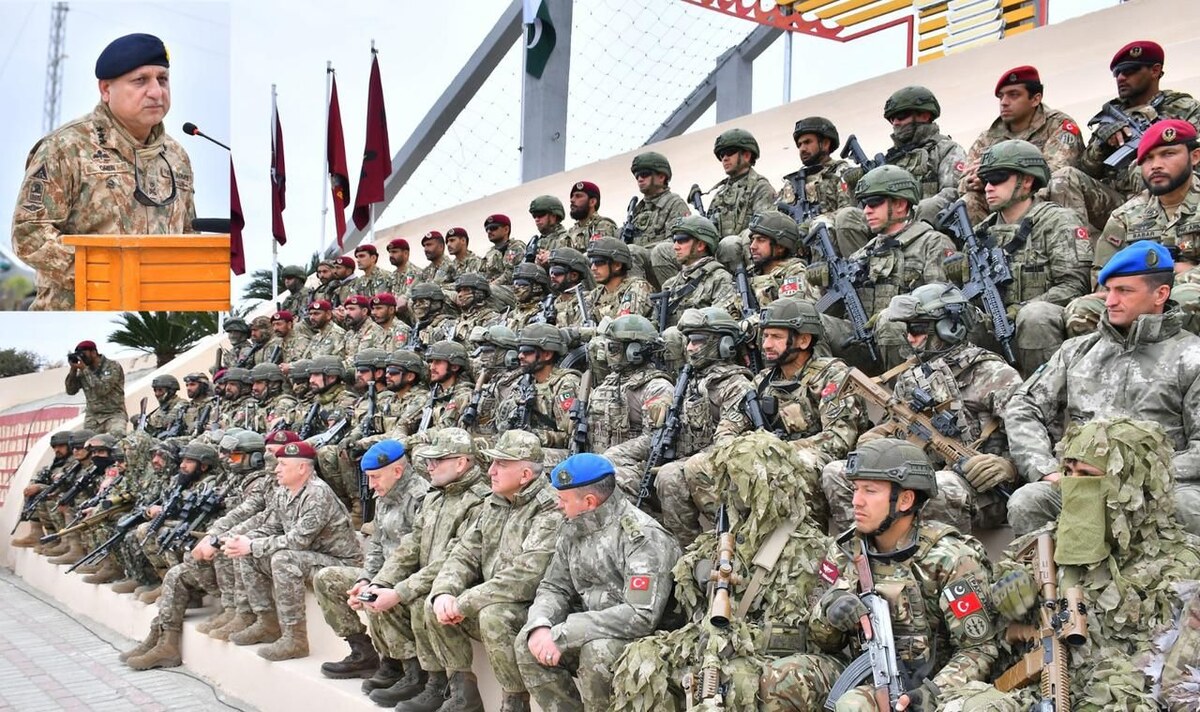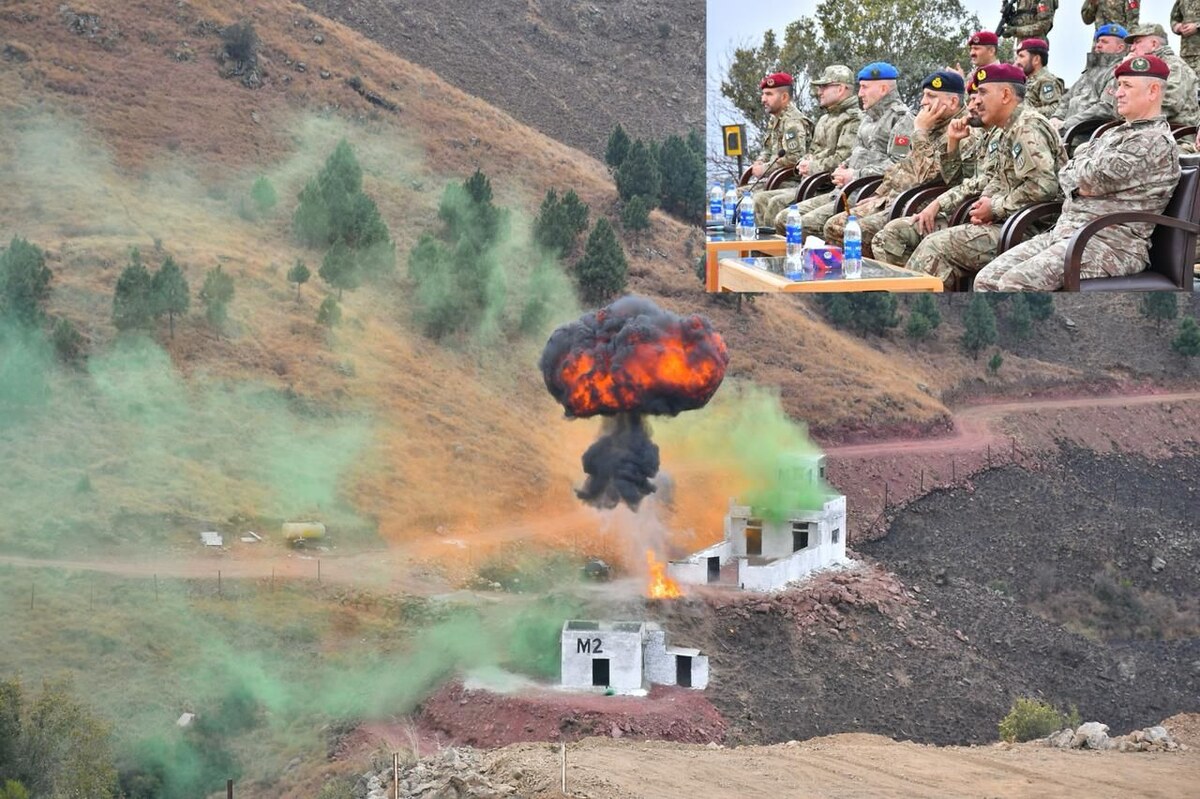KARACHI: The World Wide Fund for Nature-Pakistan (WWF-Pakistan) said on Friday Pakistan’s pangolin population was “drastically” declining, saying it was down at least 80 percent from previously recorded numbers.
The Indian pangolin is the only pangolin species found in Pakistan, which is classified as endangered in the IUCN Red List of Species.
“In Pakistan, particularly in the Potohar region, the species has disappeared from 80 percent of its former range,” WWF-Pakistan said in a press release on World Pangolin Day, observed on the third Saturday of February.
“While exact population estimates are challenging to determine, the overall population has drastically declined.”
According to the IUCN, other population models predict that the global Indian pangolin population may decrease by approximately 50 percent over the next 20 years.
The Indian pangolin is protected under both federal and provincial wildlife laws in Pakistan. Since 2016, it has also been listed in Appendix I of CITES, which legally prohibits any international trade of the species and its products, including scales.
However, the pangolin faces several challenges, especially poaching, retaliatory killing and illegal trade activities. They are heavily hunted for their scales, which are used in traditional medicine and illegal trade. Urbanization, agricultural expansion, and deforestation are also reducing their natural habitat. Further, studies indicate that Pakistan is a transit route for the international smuggling of pangolin scales, primarily to China and Southeast Asia. All these challenges are putting the survival of pangolins at risk.
WWF-Pakistan has proposed that provincial wildlife departments and other law enforcement authorities take immediate actions to halt the illegal trade of the species and increase penalties for poaching and illegal trade. There is also an urgent need to enhance the monitoring of trade routes to prevent the smuggling of pangolin scales.
“As these species play a vital role in maintaining ecological balance, we must combat illegal wildlife trade, protect their habitats, and ensure a future where these unique creatures can thrive,” Muhammad Jamshed Iqbal Chaudhry, Senior Manager Research and Conservation, WWF-Pakistan, said, proposing reforestation projects and protection of pangolin habitats in key regions like the Potohar Plateau, Margalla Hills, and Azad Jammu and Kashmir.
The establishment of community-based pangolin protection zones (PPZs) in priority population hotspots in Rawalpindi (Punjab) and Mirpur (AJK) should be improved, Chaudhry said.
“Scientific studies to assess pangolin population trends and distribution in Pakistan should be conducted,” he added.
WWF-Pakistan also appreciated efforts taken for the development of the Pangolin Conservation and Management Plan for Pakistan (2018-23). SMART (Spatial Monitoring and Reporting Tool) has been implemented in key habitats of the pangolin in Punjab, and a coordination system with Rescue 1122 has been developed to encourage community engagement in reporting illegal pangolin trade to the wildlife authorities. Furthermore, SAFE Systems strategies have also been developed for human-pangolin conflict management.
Currently, WWF-Pakistan is working in collaboration with the KP and Punjab provincial wildlife departments for pangolin conservation. The project “Saving the Pangolin of Pakistan” is being implemented in the KP Province, and surveys for species distribution have been completed in the region.
Further, a Pangolin Protection Zone, enforced with community-based watch and ward, is being established in the southern districts of the KP province.
WWF-Pakistan has also planned a joint venture with Tikki Hywood Foundation (Zimbabwe) for radio transmitter installation to study the habitat of the pangolin and help in establishing a rehabilitation center.



















